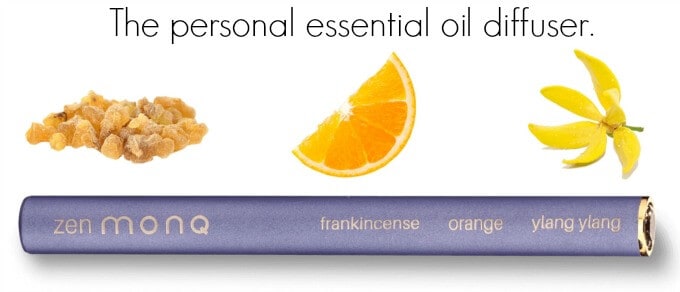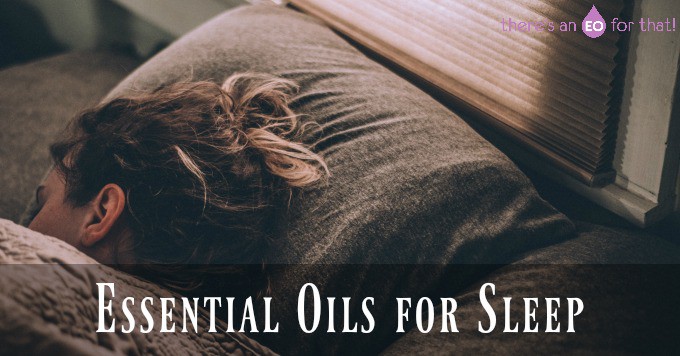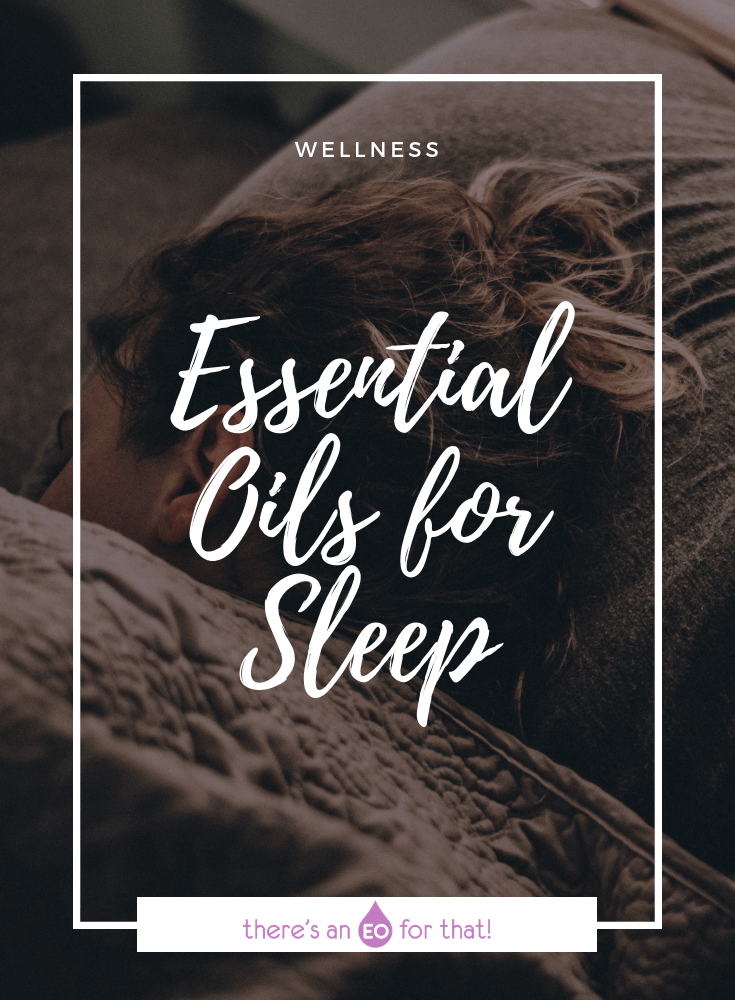Meaningful restful sleep is defined as the ability to fall and stay asleep easily throughout the night. It is critical for all facets of health and wellbeing that we get at least 8 hours of undisturbed sleep. This time allows our body to rest and repair itself, balance blood sugar levels, reset our energy reserves, and detoxify. Without meaningful sleep, our body and mind feel fatigued and it compensates by craving caffeine, sugar, and other methods to keep up going throughout the day.
Sleep itself doesn’t just rejuvenate the body, it also sets the pattern for a number of systems like our digestive system and our immune system. Just as our brains produce 90 minutes of slow rhythm sleep cycles followed by rapid eye movement (the time when we dream) so too does our digestive system. Our gut produces a slow rhythm 90-minute digestive cycle followed by rapid contractions. It’s easy to see how the two are related because when we don’t sleep well our digestion often suffers. (source)
Gut Health and Melatonin Levels
To further delve into the gut health and sleep relation we need to look at what melatonin does for the body.
When released at the beginning of our sleep cycle, melatonin gets to work by helping our immune system to reset the balance of good bacteria in the small intestine. In combination with the hormone prolactin, melatonin is then able to trigger an immune response that regenerates the gut lining along with producing new microflora. This restores a healthy balance in the gut allowing for better protection against unhealthy bacteria, viruses, and toxins.
It takes about 8 hours for this cycle to occur so when we don’t get enough sleep these hormones can’t do what they need to. This leaves the gut lining unhealed and unprotected from the previous day’s exposure to toxins, pathogens, bacteria, and viruses we may have unknowingly consumed or come in contact with. Since 80% of our immune system lives in our intestines, you can see how sleep can have a huge impact on our overall health. (source)
No One Gets Good Sleep Anymore
Nowadays it seems like everyone from newborns to the elderly can’t get enough sleep. The exposure to EMFs, light pollution, toxicity in our environment, stress, anxiety, and other factors leaves us all grappling for ways to fall and stay asleep. In these cases, we often reach for an OTC sleep drug which adds more to the toxic load our body has to deal with at night. Melatonin supplements also create dependency which isn’t fixing the underlying issue.
People end up taking melatonin night after night and soon they need to take more and more to get the same effect. Their sleep issue isn’t being fixed but rather covered up by a temporary fix.
The sleepless epidemic continues on.
Why Can’t We Fall Asleep?
It’s important to think of the root cause when dealing with poor sleep. What is the underlying issue? Is it stress? Overthinking? Dwelling? Depression? There are many reasons why we can’t fall asleep. Sometimes it is just naturally low melatonin levels that keep wakeful, other times its blood sugar fluctuations, hormonal imbalances, or an overburdened liver that refuses to let the body rest. (source)
Difficulty Falling Asleep
I think most people can’t fall asleep because they lay awake in bed thinking of anything and everything. I have often caught myself thinking of the most benign things (some of which are totally made up scenarios) that keep me tossing and turning at night. This inability to turn off our thoughts and fall asleep points to an imbalanced circadian rhythm.
Stress hormones like cortisol are supposed to peak in the morning and slowly wane as the day goes on. People who are active at night but sluggish in the morning have this cycle reversed. This means that cortisol and melatonin have to battle it out when we finally lay down to go to bed. Usually, it is the cortisol that wins because it actually turns off melatonin production. When cortisol is low (for those of us reaching for our 3 pm coffee) melatonin swoops in and makes us tired in the afternoon. (source)
This often leads to melatonin supplementation at night and a large dose of caffeine during the day. The problem is, this may work in the short term but will eventually degrade the body’s ability to self-regulate melatonin AND cortisol. This is what creates a dependence that can be very hard to reverse.
To help you pinpoint circadian rhythm imbalance here’s a short list of symptoms to think about:
• Difficulty waking up in the morning
• Not feeling well upon rising
• Not recovering physically from sleep
• Drop in energy and wakefulness between 4-7pm
• Headaches during the day
• The inability to fall asleep
• The inability to stay asleep
If you experience any of these on a frequent basis your circadian rhythm is out of balance.
Which Essential Oil Helps You Sleep?
There are many ways to improve sleep and fix our sleep troubles. You can take sleep supportive herbs like valerian, passionflower, or California poppy, you can use an alarm clock that mimics the sun’s rays, you can even drink tart cherry juice to help balance your sleep cycle. (source)
But there is one category that seems to go unnoticed or underestimated when we think of helping someone with their sleep issues – essential oils. (source)
Essential oils are super potent and incredibly powerful allies to have on hand when dealing with sleep deprivation. We may only consider their aromatic qualities but they are in fact far more versatile than you might think.
Essential Oils for Falling Asleep
One often thinks of lavender essential oil when someone is having trouble relaxing or falling asleep. While this is a valid suggestion, it is far from the only option available in the realm of essential oils. In fact, creating a synergistic blend (a mix of balanced essential oils that complement each other’s effects) is the best way to use them. The oils below are some of my absolute favorites for falling asleep.
Essential oils best suited for those who cannot fall asleep:
• Balsam of Peru– reduces stress and promotes restful sleep
• Lavender– reduce stress and tension. Very calming. One of the best essential oils for insomnia (source)
• Melaleuca– Stimulates the adrenal glands and a sluggish liver. Balances digestion
• Rose Geranium– Antidepressant and sedative. Relieves anxiety and stress, fear, and moodiness. A very consoling oil
• White grapefruit– Allows one to work on self-acceptance and release unhealthy thoughts about oneself. Boosts self-esteem.
Fall Asleep Roll-On Recipe
Here’s what you’ll need:
• A roll-on bottle
• A small funnel
• Fractionated coconut oil or carrier oil of your choice (like sweet almond, grapeseed, jojoba, hempseed oil, etc.)
• 2 drops each of balsam of Peru, lavender, melaleuca, rose geranium, and white grapefruit essential oils
Don’t want to make your own? Buy the Circadian Rhythms blend HERE.
Also, be sure to check out my new favorite essential oil recipe for sleep here.
Loving Preparation – Fall Asleep Roll-On Recipe
• Add the essential oils one by one into the roll-on bottle
• Next, use the small funnel to add enough fractionated coconut oil or the carrier oil you chose until just below the neck of the roll-on bottle
• Pop in the roller and cap
• Gently roll the bottle between your hands to mix
How to Use The Fall Asleep Blend
• Roll a small amount on your head right above the ears
• Apply a small amount on the very top of your head
• Apply a small amount right in the middle of the back of your head
You may need to part the hair for better application.
This blend is quite strong and should only be used right before bedtime. It soothes an overactive mind and completely relaxes you as a whole. Your thoughts become positive but no too noisy in your mind as you drift off to sleep. This blend may also cause vivid dreams in some individuals so be prepared for that if you are sensitive.
Essential Oils for Staying Asleep
A lot of people have no trouble at all falling asleep but can’t seem to stay asleep. If this sounds like you, read on because this one can be a little tricky.
There are three main reasons you may not be staying asleep:
1. Blood Sugar
2. Hormones
3. Liver and Gallbladder
Blood Sugar Issues
People who can’t stay asleep tend to sleep for an hour or two but then wake up as if they have all the energy in the world. These people could clean their whole house at 3 in the morning they have so much energy. They are also the people who wake up at night to snack on something sugary or full of carbs and fat.
This is a natural response because our body is meant to burn fat while we sleep because it burns low and slow. Instead, our body is burning sugar which burns really fast compared to fat. When the sugar runs out or sharply fluctuates, cortisol increases and wakes us up at ungodly hours of the night. These individuals often find it very hard to go back to sleep. (source)
The best oils to use for this type of restless sleep are:
• Anise
• Geranium
• Helichrysum
• Rose
• Rose geranium
To use make a roll-on blend following the instructions above and apply it in a small amount to the pancreas (front left near the bottom of the rib cage) or on the bottoms of the feet before bed.
Don’t want to make your own? Buy the Pancreas blend HERE.
Hormone Imbalance
Sometimes our inability to stay asleep correlates with hormonal fluctuations. Whether it be during menstruation, pregnancy, or menopause hormone fluctuations impact our sleep cycle.
Progesterone, for example, promotes restful sleep while estrogen protects us from stress, hot flashes, and blood sugar imbalances. (source)
If you have trouble sleeping due to menstruation (like PMS) or menopause then you should consider the essential oils for sleep below:
• Balsam of Peru
• Lavender – has been proven to increase the time spent in deep sleep (source)
• Melaleuca
• Geranium
• White Grapefruit
(follow the recipe above or buy it here)
Or
• Frankincense– relieves nervous tension and stress
• Patchouli– very relaxing. One of the best oils for insomnia
• Pine– relieves fatigue and other nervous conditions
• Red mandarin– relieves nervous insomnia and shuts off an overactive mind
• Ylang Ylang– an antidepressant. Very calming and soothes depression, anxiety, mental exhaustion, and insomnia
To use make a roll-on blend following the above instructions and apply it to the third eye chakra one inch above and between the eyes before bedtime.
You can buy Hormone Balance HERE.
Liver and Gallbladder
If you find yourself waking between 1 and 3 am this reflects an overburdened liver and gallbladder (especially in those with liver cirrhosis – source). This type of wakefulness is different than sugar fluctuations in the sense that when you wake up you feel very groggy rather than wide awake. It is often easier for those with this type of wakefulness to fall back to sleep easily.
The best essential oils to use for liver support in relation to sleep are:
• Blue Tansy– An oil that enhances the qualities and effects of other essential oils. Treats insomnia
• Cypress– calms the nervous system and helps induce sleep
• Elemi– calms stress, anxiety, and nervous tension. Fortifies the mind against negative thoughts
• German Chamomile– relieves nervous tension and stress
• Helichrysum– regenerates the liver
• Lavender– Deeply relaxes and soothes fear, irritability, restlessness, and depression.
• Rose Geranium– Aids the liver in releasing negative emotions and supports self-esteem
• Sandalwood– A great oil for insomnia. Helps the liver let go of negative emotions
• White Grapefruit– stimulates the liver and clears the mind of negative thoughts
• Ylang Ylang– restores emotions to their proper balance. Comforting and soothing. Lessens insomnia
Supporting the gallbladder is important because the bile it produces breaks down the fat we need to stay asleep. Remember that the body burns fat over sugar to keep our cortisol levels low while we’re sleeping. If the fat isn’t available, our body burns sugar instead which isn’t good when you want to stay asleep.
Supporting the gallbladder using essential oils is also a great way to ensure our body is breaking down and burning the fat it needs. This will allow for better detox of excess hormones as well as mobilize various toxins out of the body.
Here are the best gallbladder supportive essential oils:
• Black Cumin– a powerful digestive aid
• Ledum– aids with liver detox and regeneration
• Roman Chamomile– highly detoxifying and helps release toxins in the digestive tract
• Rosewood– supports restful sleep by relaxing tension and nervousness
Some of these oils are hard to find (which is why I like getting this blend), but if you do get a hold of them, make this blend:
• Add 3 drops of each essential oil into a roll-on bottle.
• Add your carrier oil of choice
• Cap and roll between your hands to mix
To use apply it over the gallbladder (front right of the lower rib cage) or on the soles of the feet before meals.
Using these blends for your unique sleep needs will help your body get back into balance in a short amount of time.
What have been your favorite essential oils for sleep?
For more sleep-related articles look below:
SIMPLE SLEEPY TIME RECIPE FOR FALLING ASLEEP AND STAYING ASLEEP!
How to Make Sleepy Time Gelee
The Best Tea for Restful Sleep
Natural Sleep Aids- The Herbalist’s Way
How to Make an Herbal Dream Pillow
Homemade Sleepy Time Spray
Good Night Sleep Tight – A DIY Sleepytime Essential Oil Blend for a Good Night’s Rest
Essential Oils Basics:
Beginners Guide to Essential Oils- Part 1
The Beginners Guide to Essential Oils- Part 2
How to Use Essential Oils
 This post contains affiliate links. We are a participant in the Amazon Services LLC Associates Program, an affiliate advertising program designed to provide a means for us to earn fees by linking to Amazon.com and affiliated sites. Please read my full disclosure and disclaimer.
This post contains affiliate links. We are a participant in the Amazon Services LLC Associates Program, an affiliate advertising program designed to provide a means for us to earn fees by linking to Amazon.com and affiliated sites. Please read my full disclosure and disclaimer. 


Wow! What a detailed article. I think I may have just received a lot of clues to some of my digestive issues in addition to sleep. Many thanks.